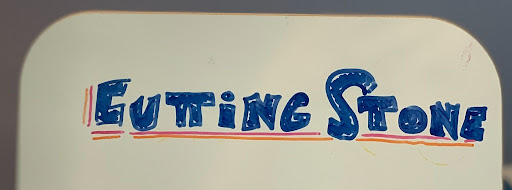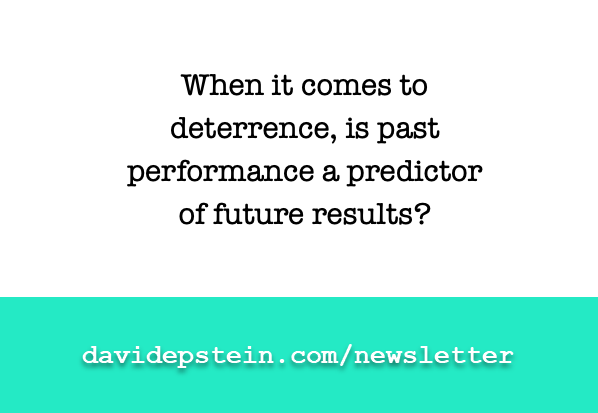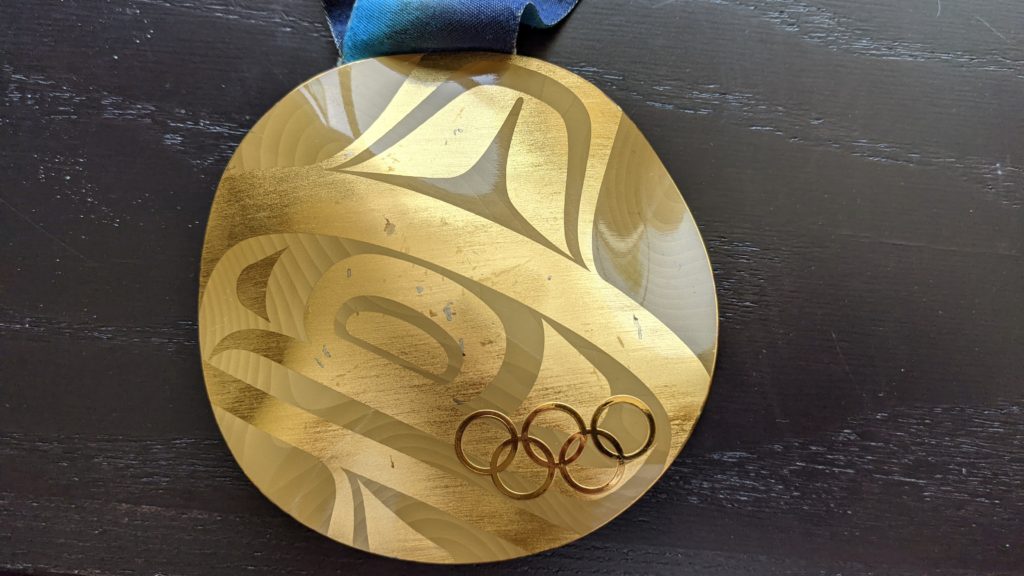
Welcome to the Range Report, where I hope to expand your personal “search function,” providing opportunities to connect disparate ideas, or alight on new interests.
The last two Range Reports were coronavirus specials (you can find those here), and while they generated a lot of excellent and thoughtful engagement, this week I’m taking a coronavirus-special break. (There are still coronavirus links in the Lightning Round.)
Today, I want to memorialize a death and celebrate a birth.
FOCUSED FROGS AND VISIONARY BIRDS
On February 28th, physicist, mathematician, and excellent writer Freeman Dyson passed away at the age of 96. I only learned in his obituaries that Dyson never got a PhD. It clearly didn’t hold him back, as he unified different versions of quantum electrodynamics, which describes how light and matter interact. The solution, which had eluded such minds as Richard Feynman’s, came to him on a Greyhound bus trip across the Midwest. “Going into a sort of semistupor as one does after forty-eight hours of bus riding,” Dyson later wrote, “I began to think very hard about physics….Gradually my thoughts became more coherent, and before I knew where I was, I had solved the problem…”
That solution was a momentous breakthrough in physics, and yet it was Dyson’s writing on a vast array of other topics that made him publicly famous. I was assigned his book Origins of Life in a college chemistry class, and it was probably the first real science writing–a translation of complex and nuanced research for a wide audience–that I encountered. (Up to that point, my idea of science writing was biographies of astronauts. I guess that’s how I know that Purdue University has the most astronaut alums of any non-military college.)
In Range, I quote a speech Dyson gave in which he propounded the need for both focused frogs and visionary birds working together on complex problems. Frogs are down in the mud where they “delight in the details of particular objects, and they solve problems one at a time,” he said. Birds soar above and “delight in concepts that unify our thinking and bring together diverse problems from different parts of the landscape.” We need both, Dyson insisted. The world is broad and deep, and “we need birds and frogs working together to explore it.” The problem, he said, is that we’re frequently telling everyone to become frogs, and that limits our vision and our ability to adapt quickly in a changing world.
The day after Dyson passed away, I gave this TEDx talk in Manchester, and felt honored to conclude it with his words.
HAPPY B-DAY VG! (Belated, but he won’t mind.)
Ok, so Vincent van Gogh’s birthday was March 30. I’m a little late. (Coronavirus special got in the way.) While reporting Range, I read hundreds of Van Gogh’s letters, mostly between Vincent and his brother, Theo. Vincent is frequently a wonderful writer, and I think the letters must be one of the great real-time records of creative transformation. Below is one short excerpt, and one very-short excerpt from two of my favorite letters:
1) In this letter to Theo, Vincent is 27 and has flamed out in several careers, even though he worked furiously at each one. He is desperate to find a direction in life that matches his burning drive for meaningful work. He explains his yearning to Theo, likening himself to a caged bird during migration season; the bird knows it should do something important, but doesn’t know what that is:
“In the springtime a bird in a cage knows very well that there’s something he’d be good for; he feels very clearly that there’s something to be done but he can’t do it; what it is he can’t clearly remember, and he has vague ideas and says to himself, ‘the others are building their nests and making their little ones and raising the brood’, and he bangs his head against the bars of his cage. And then the cage stays there and the bird is mad with suffering. ‘Look, there’s an idler’, says another passing bird — that fellow’s a sort of man of leisure. And yet the prisoner lives and doesn’t die; nothing of what’s going on within shows outside, he’s in good health, he’s rather cheerful in the sunshine. But then comes the season of migration. A bout of melancholy — but, say the children who look after him, he’s got everything that he needs in his cage, after all — but he looks at the sky outside, heavy with storm clouds, and within himself feels a rebellion against fate.”
2) In this letter to Theo, Vincent is 29, and had just finished his first oil-painting (below):
“Painting has proved less difficult than I expected.”

LIGHTNING ROUND
- The Journal of Hospital Medicine with 10 crisis-leadership tips from a retired general.
- Last newsletter’s most popular link was about how the grocery store chain H-E-B managed to prepare so well for a pandemic. This week: how H-E-B then decided to support the larger food-service ecosystem around it.
- The Journal of Hospital Medicine, again, on the need to “un-specialize” during the COVID-19 pandemic.
- This article on learning to become resilient isn’t new, but it’s been getting passed around in light of recent events, and it’s by Maria Konnikova, one of my favorite writers. (Maria has a great book coming out that details her yearlong journey from not knowing how many cards are in a deck to professional poker player.)
- Guess how many passengers are going through TSA per day. (A year ago, it was 2-2.5 million.) Then see how close you were.
- Recently, I’ve been doing volunteer work for the National COVID-19 Convalescent Plasma Project. (I made a temporary background page here.) So I was interested to read in a LetsRun.com article that I unknowingly helped galvanize the project with a tweet that caught the attention of Mayo Clinic physiologist Mike Joyner. Twitter can be productive! (Famous last words.) And I love that I got identified in the article as “David Epstein, the former Columbia 800m runner.”
Stay safe, and thank you for reading! (And if you have a friend who might enjoy this newsletter, they can subscribe here.)
David


